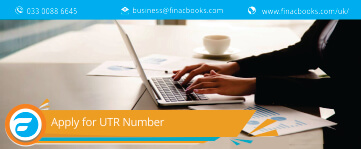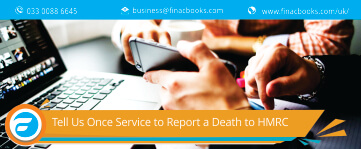Self-Assessment Tax Return for Landlords
If you are earning money by renting out a property, you may not consider yourself as a self-employed person or a small business owner but HMRC does. Every landlord earning money from his/her rented property needs to file self-assessment tax return to HMRC annually.
If you are a landlord and want to take more information about self-assessment tax return, see our self-assessment tax return guide below –
What Tax Landlords are eligible to pay?
Many changes have taken place in tax rules for landlords from time to time. Hence, landlords need to pay different types of taxes to HMRC which are as follows –
- Income tax
- National insurance contributions (NIC’s)
- Capital gain tax
- Stamp duty land tax
If you are involved in buying & selling of property, you need to pay only capital gain tax & stamp duty land tax to HMRC whereas income taxes & national insurance contribution’s (NIC) are paid by landlord’s annually depending upon the income they are earning from renting out their properties. No landlord is eligible for filing income tax and National insurance contribution before registering for self-assessment tax return. Firstly, you need to register for self-assessment tax return in order to file income tax & NIC to HMRC annually.

Self-Assessment Process for Landlords
Self-assessment process for landlords is most probably the same as for small business owners or self-employed persons.
Self-Assessment Registration
The first and the foremost step in the self-assessment process is self-assessment registration. You can only file your tax return after doing registration for self-assessment tax return. There are two ways of filing self-assessment tax return – Either online or in paper form.
In case you have incorporated a limited company in order to let out your property, there is a slight difference in the procedure and you need to go for corporation tax registration. You also need to pay corporation tax in such cases.
Tax Return Deadline
After self-assessment registration, the most important thing which you need to take care of is filing of tax return before the deadline given by HMRC. Generally, the deadline for filing self-assessment tax return in paper form is 31st October and for filing online tax return is 31st January.
For the tax year 2019-20, the deadline for filing paper tax return is 31st October 2020 and the deadline for filing online tax return is 31st January 2021.
Firstly, you need to file your tax return and then you need to pay the tax you owed to HMRC. Generally, the final deadline for paying online self-assessment tax return is the same as the final date of filing self-assessment tax return i.e. 31st January 2021.
Filling your Self-Assessment Tax Return
In order to fill your self-assessment tax return, you need to provide the following information –
- Income received by the landlord in a tax year
- Expenses incurred by the landlord in a tax year
Record of all income & expenses must be maintained by the landlord so that it can be easily found at the time of filing return.
After self-assessment registration, a UTR Number is allotted to the applicant by HMRC which is generally printed on all the communication received by the applicant from them. Kindly keep your UTR number at a safe place.
Allowable Expenses for Landlords
Many changes have been done in the tax rules for landlords in the recent years. Number of expenses landlords are allowed to deduct from their tax bill are as follows –
- Insurance
- Accounting fees
- Running costs
- Property repair & maintenance costs
- Replacement of domestic items (From April 2016)
Other Claims (Depending upon the cost spent on tenants)
Tax Changes for Landlords
Many tax changes have been done in the past for landlords and there is a possibility that government may announce changes in future too. Hence, kindly make yourself updated about the self-assessment tax return which you need to pay to HMRC annually.
Any Questions? Request a callback from our Tax Experts.


































